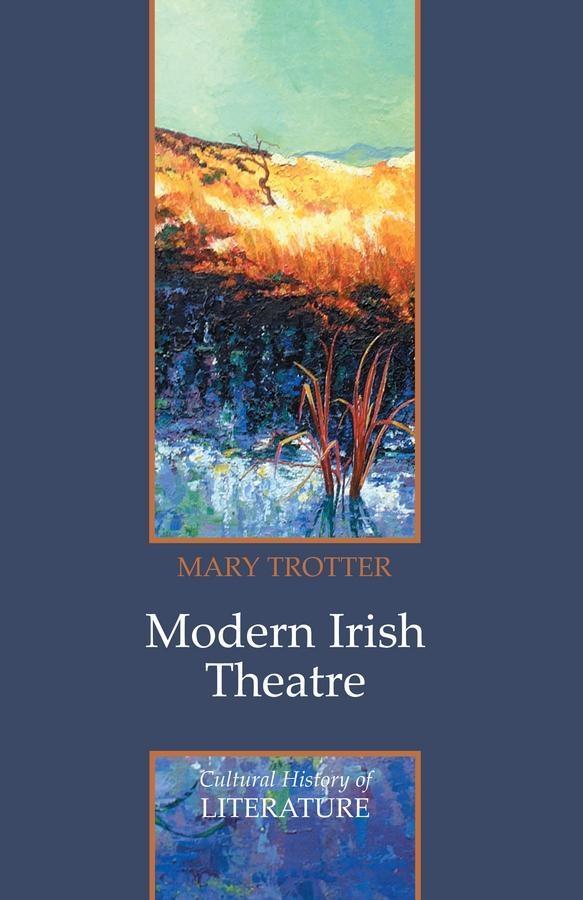Analysing major Irish dramas and the artists and companies that
performed them, Modern Irish Theatre provides an engaging
and accessible introduction to twentieth-century Irish theatre: its
origins, dominant themes, relationship to politics and culture, and
influence on theatre movements around the world. By looking at her
subject as a performance rather than a literary phenomenon, Trotter
captures how Irish theatre has actively reflected and shaped
debates about Irish culture and identity among audiences, artists,
and critics for over a century.
This text provides the reader with discussion and analysis
of:
* Significant playwrights and companies, from Lady Gregory to
Brendan Behan to Marina Carr, and from the Abbey Theatre to the
Lyric Theatre to Field Day;
* Major historical events, including the war for Independence,
the Troubles, and the social effects of the Celtic Tiger
economy;
* Critical Methodologies: how postcolonial, diaspora,
performance, gender, and cultural theories, among others, shed
light on Irish theatre's political and artistic significance,
and how it has addressed specific national concerns.
Because of its comprehensiveness and originality, Modern
Irish Theatre will be of great interest to students and general
readers interested in theatre studies, cultural studies, Irish
studies, and political performance.













